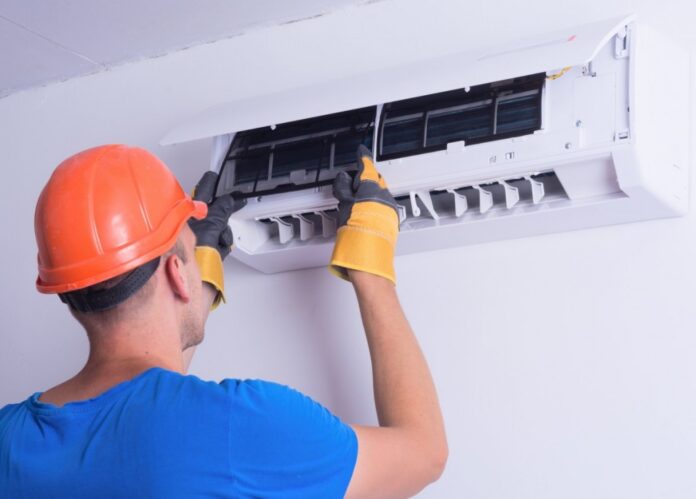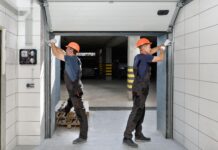Buying a new air conditioner is no small purchase, so it makes sense that many homeowners don’t take the decision lightly. Although, every air conditioner reaches a point where a replacement is necessary and makes more sense than continuing to pay for repairs. Or even continuing to put up with poor performance and bad cooling. There are seven signs that should not be ignored when it comes to replacing your air conditioner.
Age
Even the best-maintained AC unit cannot be expected to live more than 9-12 years. If your unit is getting this old, it’s time to start considering a replacement. New air conditioning units are much more energy-efficient than their predecessors, this solves many problems that emerge as units age. An aging AC unit can contribute to poor air quality in the home as well as uneven cooling and constant breakdowns. Paying for costly repairs for a unit that is 10+ years old is not a great investment compared to putting the same money into a new unit.
Weird Noises
Some noises such as pops and whistles are common as your air conditioner turns on or off. However, other noises are signs of a serious problem with the system. If you hear anything that resembles squealing, grinding, scraping, or loud pops or bangs; these can all be indicators of a major problem with the unit. These problems could stem from the compressor, condenser coil, blower, or low refrigerant levels or debris in the unit, causing loud and recurring noises.
Smells
A well-functioning air conditioner should only put out clean and non-smelling air. Any foul or smoky smells indicate that the unit’s wire insulation has burned out. Musty smells can be a sign that mold and mildew have built up. If you get a whiff of smoke or other signs of burning when your AC is running, your unit is probably on its last leg. In order to save yourself from costly and even dangerous breakdowns, you should replace the unit.
Higher Energy Bills
If you are suddenly paying far more on your energy bill than normal, your AC unit may be to blame. Older units have to work far harder to cool the home, leading to higher use of energy that is then shown in the bill. Newer air conditioners are more energy-efficient.
Bad Air Quality
Alongside giving you cool air in your home, the AC is also the one that provides ventilation. If you start to notice a large amount of dust in your house or more humidity in the air, your air conditioner might not be ventilating properly.This can lead to pollen and other pollutants entering your home.
Weak Airflow
If your air conditioner takes a long time to cool down your home or if it ssems to do anything but keep your home cool, it’s definitely time for a replacement. Go and stand by the vents in your house. You should feel a rush of cold air from the air conditioner. If that’s not the case, weak airflow is a sign that the compressor in your unit is failing. It could also mean that a blockage or other issue in your air ducts is occurring.If the problem is with the compressor, however, a replacement is the most cost-effective way to solve the problem.
Constant, Expensive Repairs
Older air conditioners often seem to have one component after another that fails. If you find yourself scheduling repair after repair for your unit, it’s time to consider that these repairs aren’t solving your problem. It may just be time to bite the bullet and buy a new air conditioner.
































